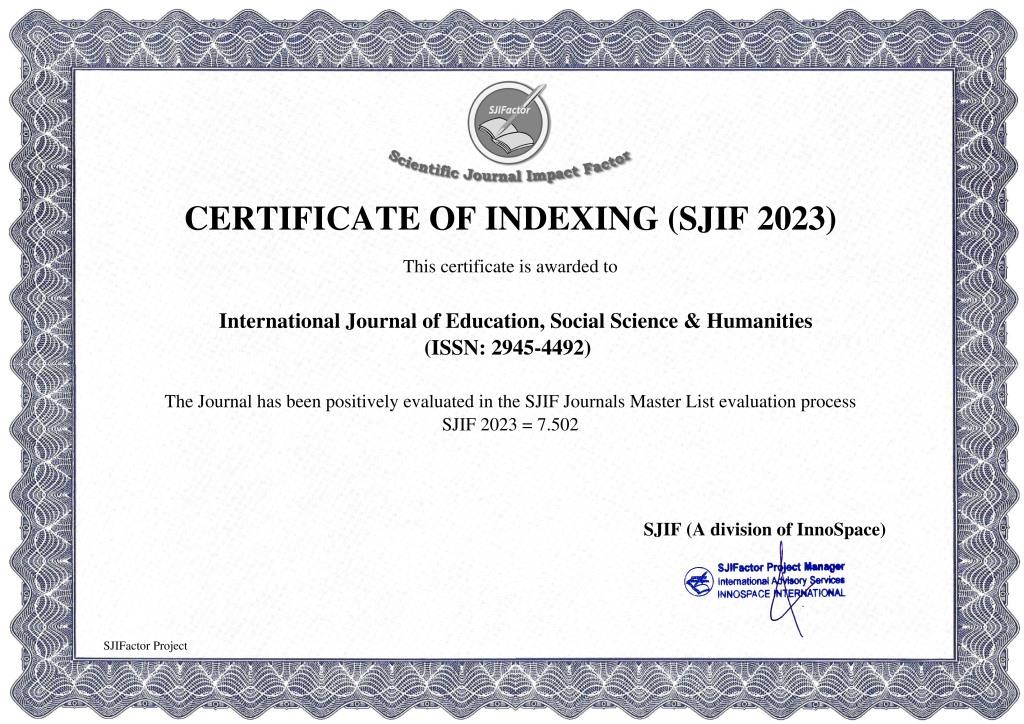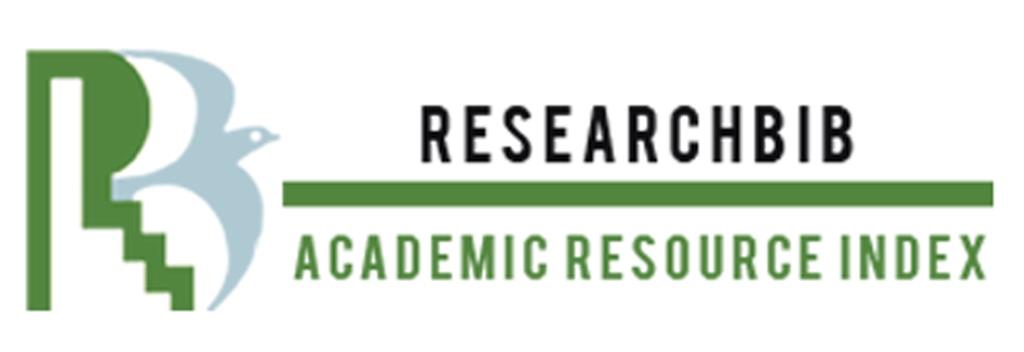IBN KHALDUN'S ECONOMIC THOUGHT: A PRECURSOR TO MODERN ECONOMICS
Keywords:
Ibn Khaldun, economic thought, modern economics, muqaddimah, labour and production, labour theory, taxation, state revenue, economic cycles, assabiyah, historical economics, economic history.Abstract
This article explores the economic thought of Ibn Khaldun, a 14th-century North African scholar, and its significance as a precursor to modern economics. Ibn Khaldun's magnum opus, the "Muqaddimah," serves as the primary source of his economic ideas, which encompass labour, production, taxation, state revenue, and economic cycles. His insights into the role of labour, the importance of agriculture, the dynamics of surplus and trade, and the impact of taxation remain remarkably relevant today. Additionally, Ibn Khaldun's theory of economic cycles, shaped by the concept of "assabiyah" (social cohesion), offers a unique perspective on the rise and fall of civilizations. By examining Ibn Khaldun's economic thought, we gain a deeper understanding of the historical roots of economic theory and its enduring relevance in shaping contemporary economic discourse.
References
Rosenthal, Franz, "Ibn Khaldun: The Muqaddimah: An Introduction to History - Abridged Edition." Princeton University Press, 2005
Tibi, Bassam, “Arab nationalism” 1997, page 139
Khaldun, Ibn. "The Muqaddimah: An Introduction to History." Translated by Franz Rosenthal. Princeton University Press, 1967, p.199, 233, 352, 480
Max Weber, "The Protestant Ethic and the Spirit of Capitalism", 1905
David Ricardo, "Principles of Political Economy and Taxation", 1817
Adam Smith. "An Inquiry into the Nature and Causes of the Wealth of Nations." 1776
Karl Marx. "Das Kapital." 1867














